Talent Management: HRM Strategies for Organizational Success - Report
VerifiedAdded on 2022/12/29
|18
|1046
|24
Report
AI Summary
This report examines the critical role of talent management within Human Resource Management (HRM), emphasizing its impact on organizational success. The study investigates effective talent management strategies, including attracting, hiring, training, developing, and retaining top talent, with a focus on the hospitality sector. The research aims to identify the best strategies for effective talent management, broaden knowledge of various talent management strategies, study the impact of HRM practices on organizational success, and identify alternative strategies for improving organizational performance. The report includes a case study on Hilton, analyzing their talent management strategies and employee perceptions. The findings highlight the importance of specific job descriptions, aligning personal and organizational values, rewarding and recognizing employees, and continuous skill upgrades. The research concludes that effective talent management strategies have a positive relationship with organizational success, particularly in service-oriented sectors, and recommends that companies like Hilton prioritize talent management practices to achieve a competitive edge and long-term success. The report uses qualitative research methods, including interviews with Hilton employees, to gather data and support its conclusions.
1 out of 18
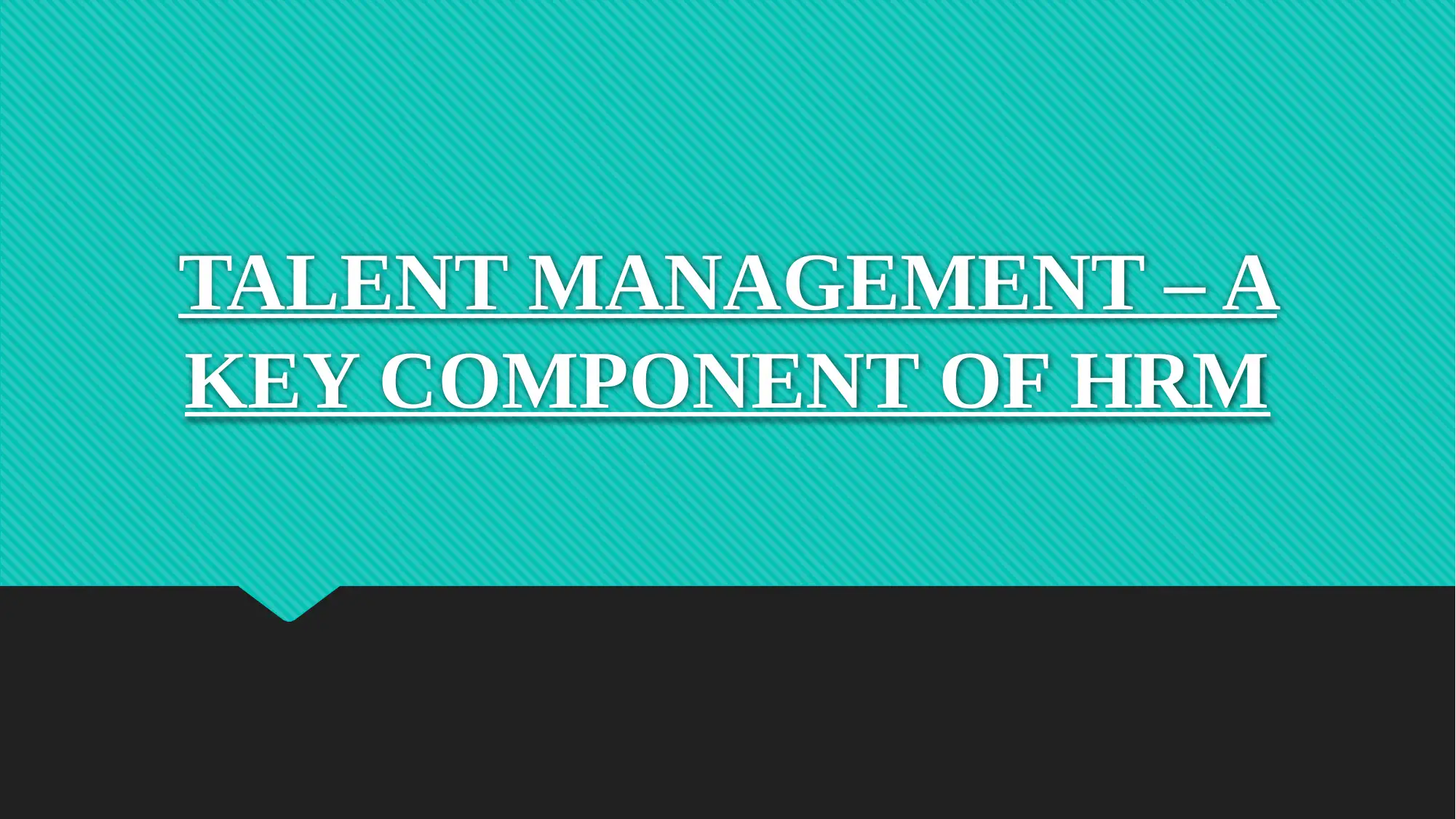
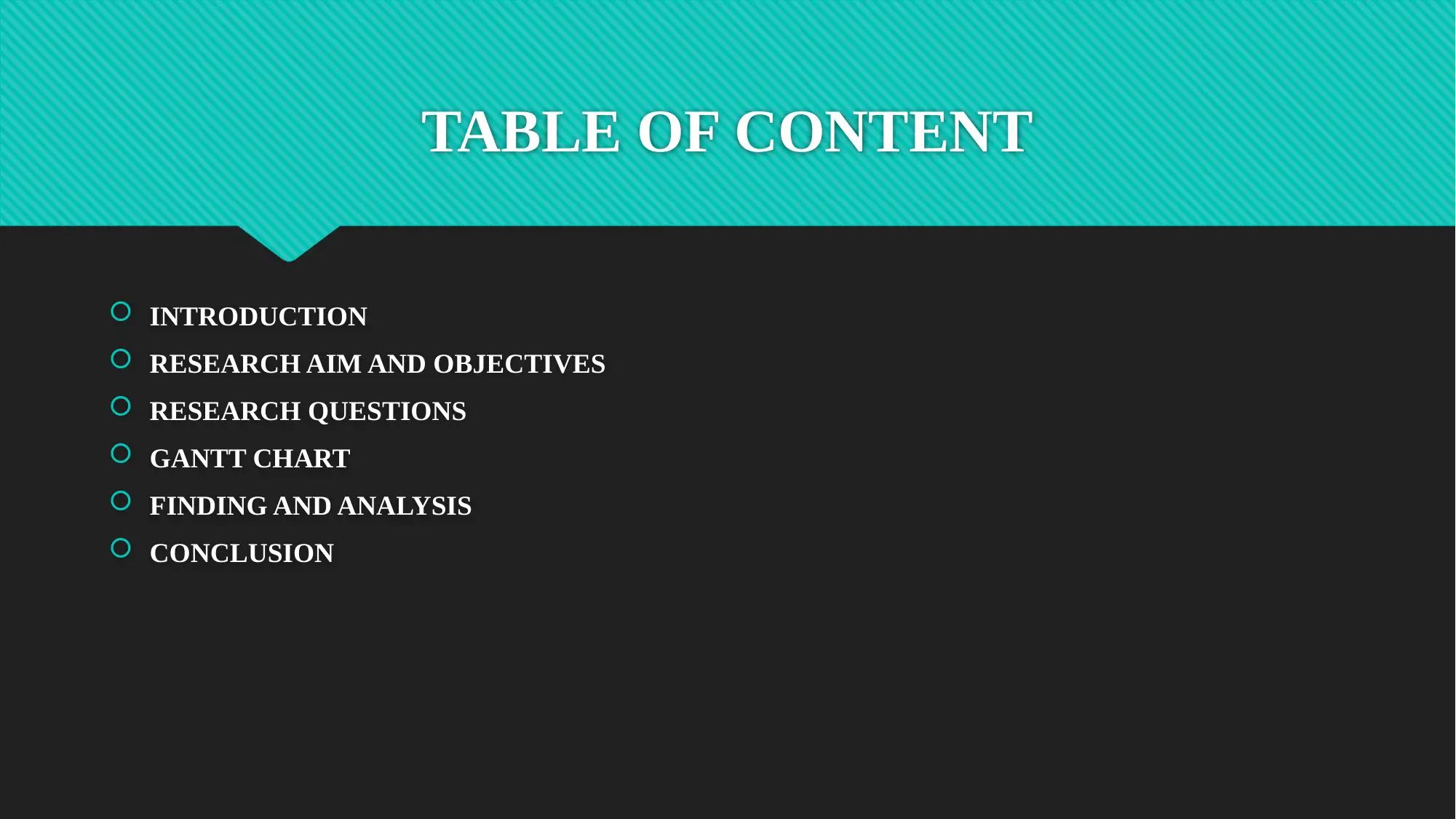
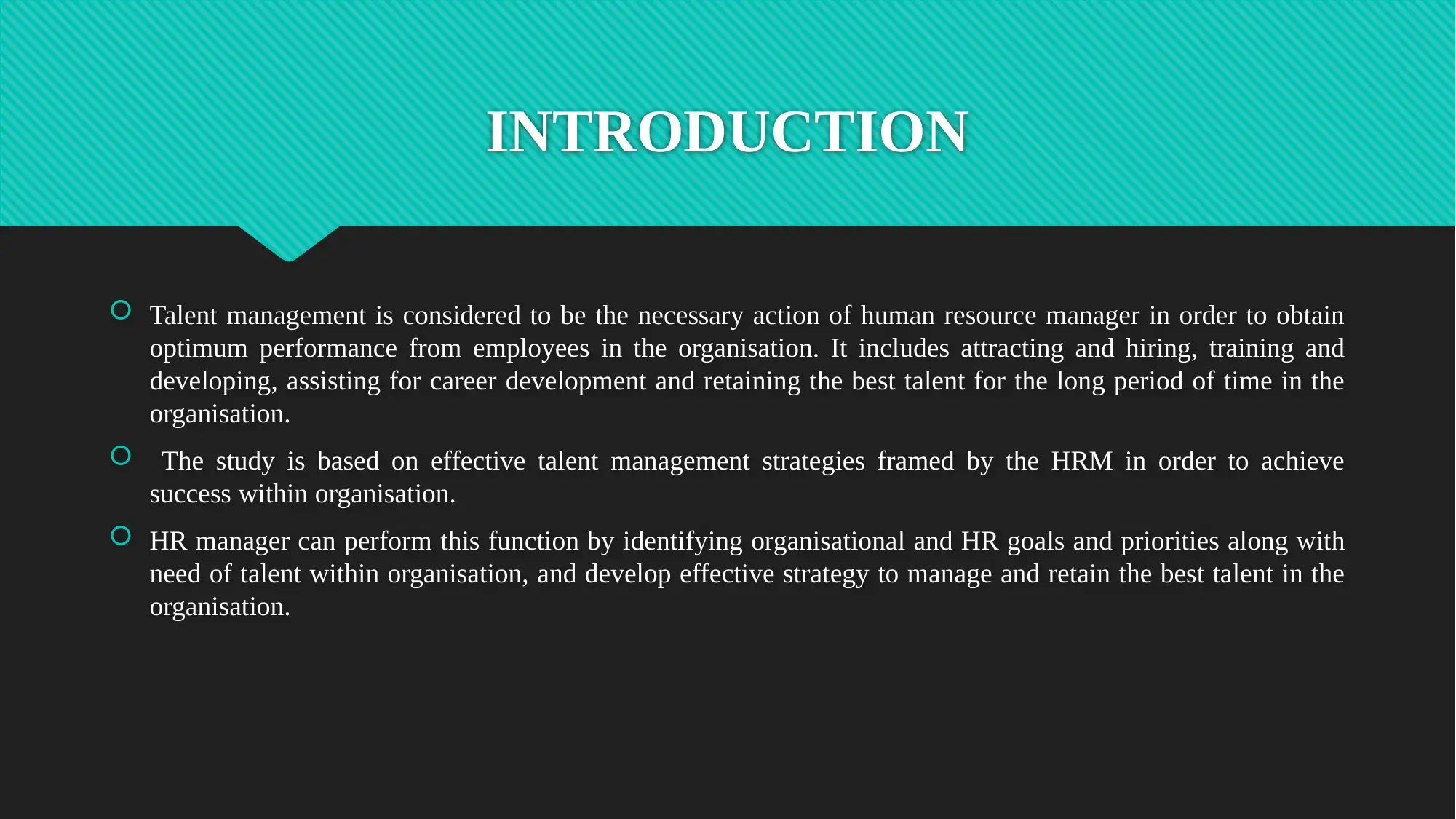

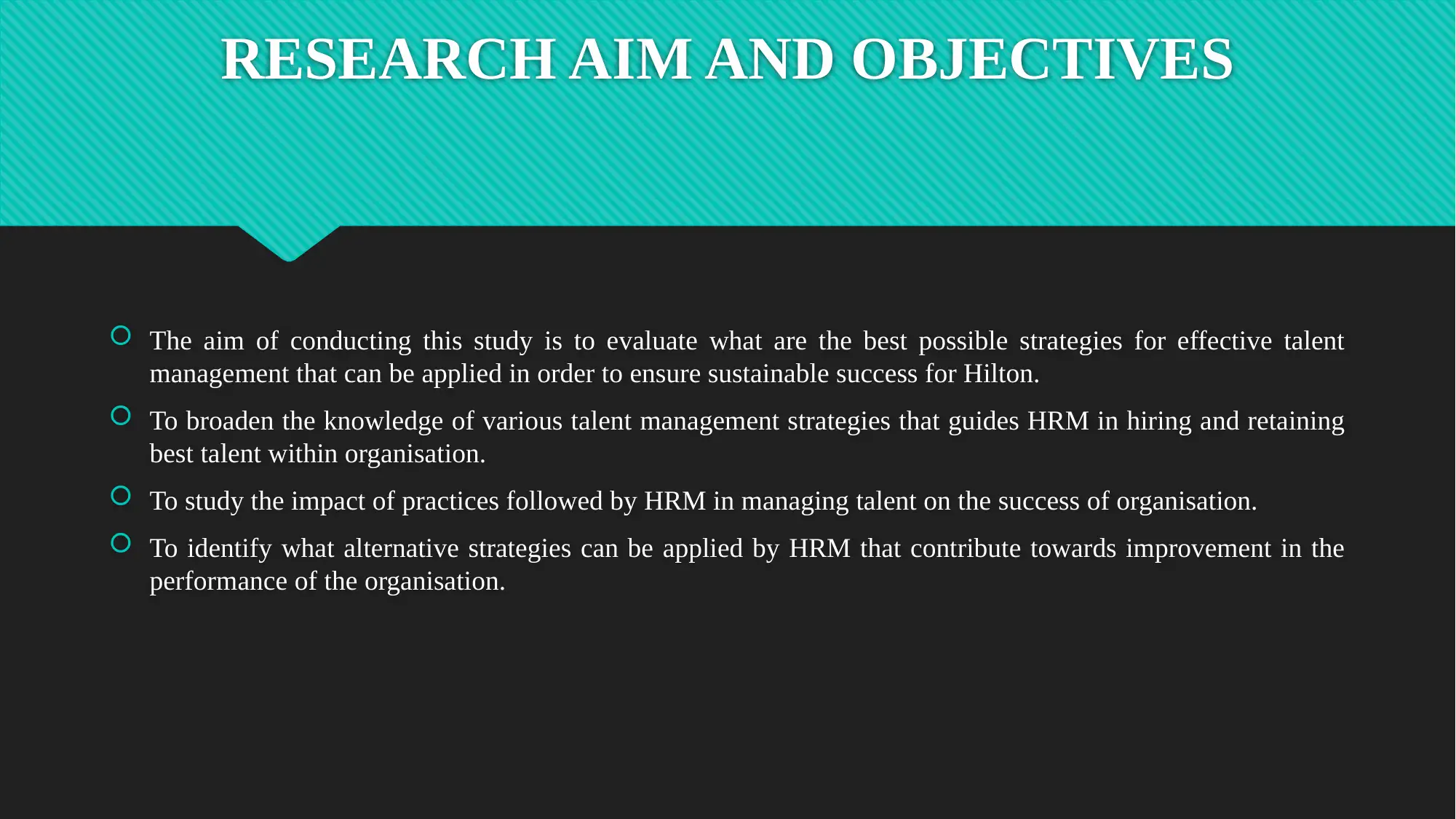
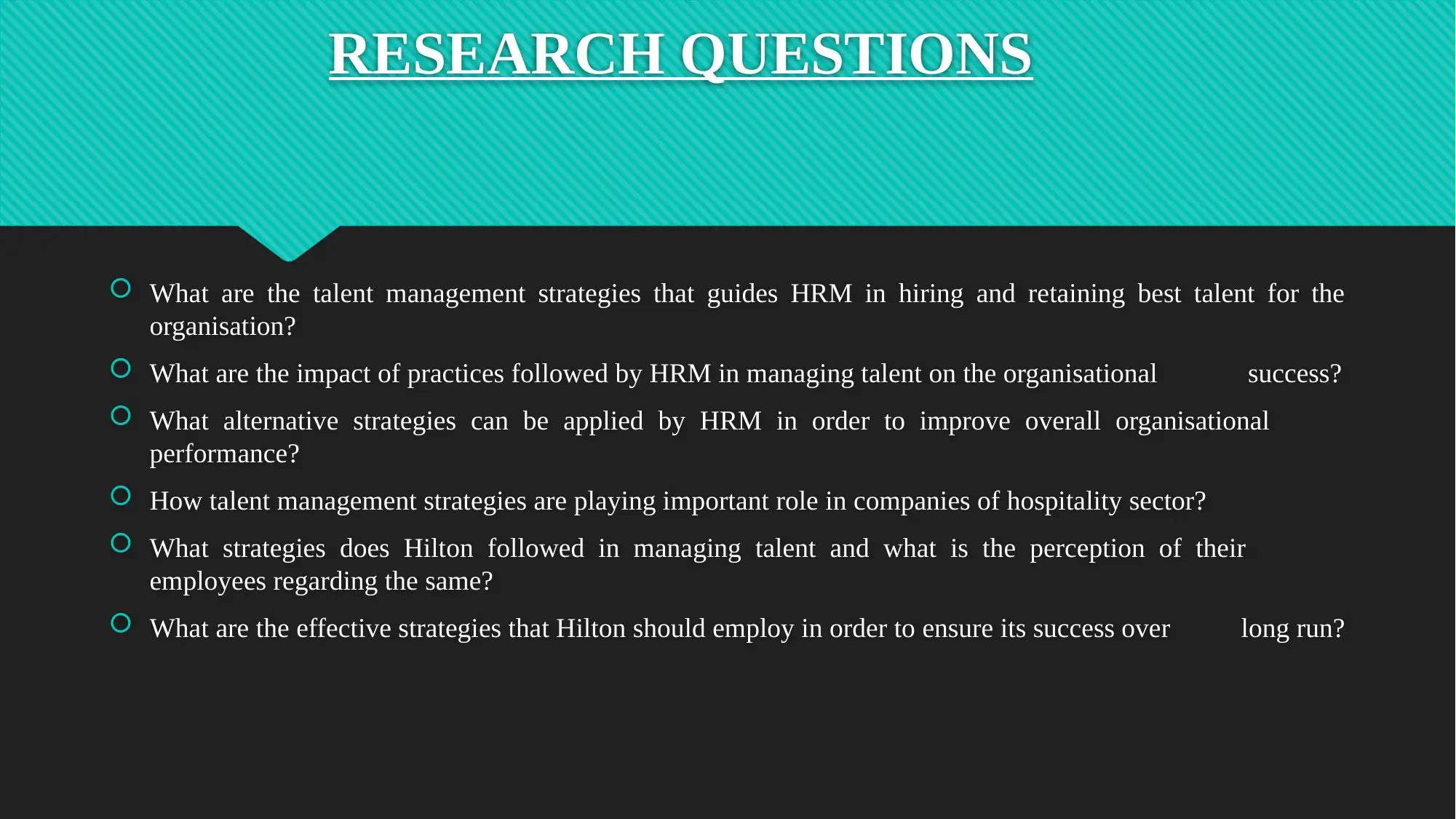
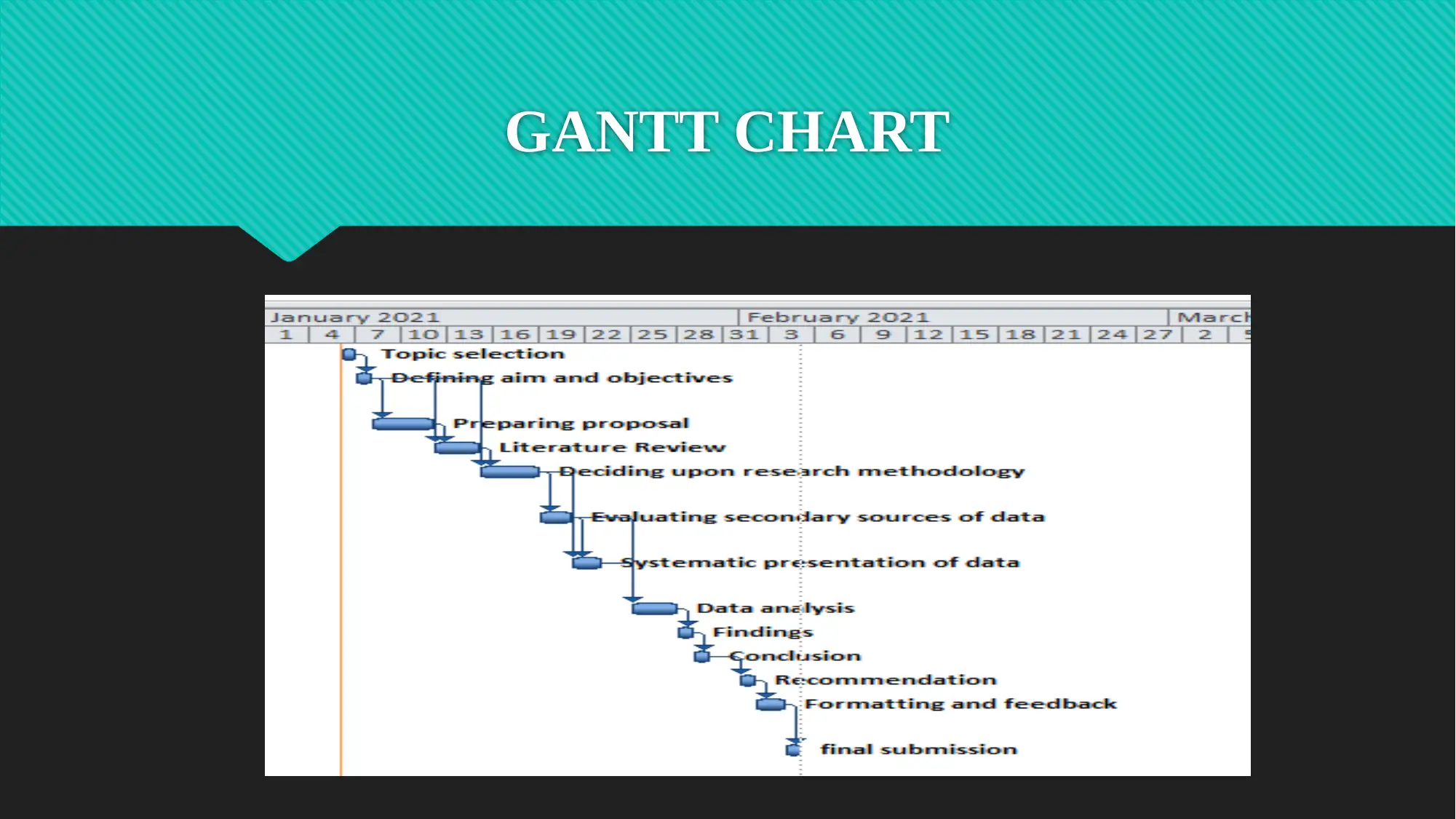
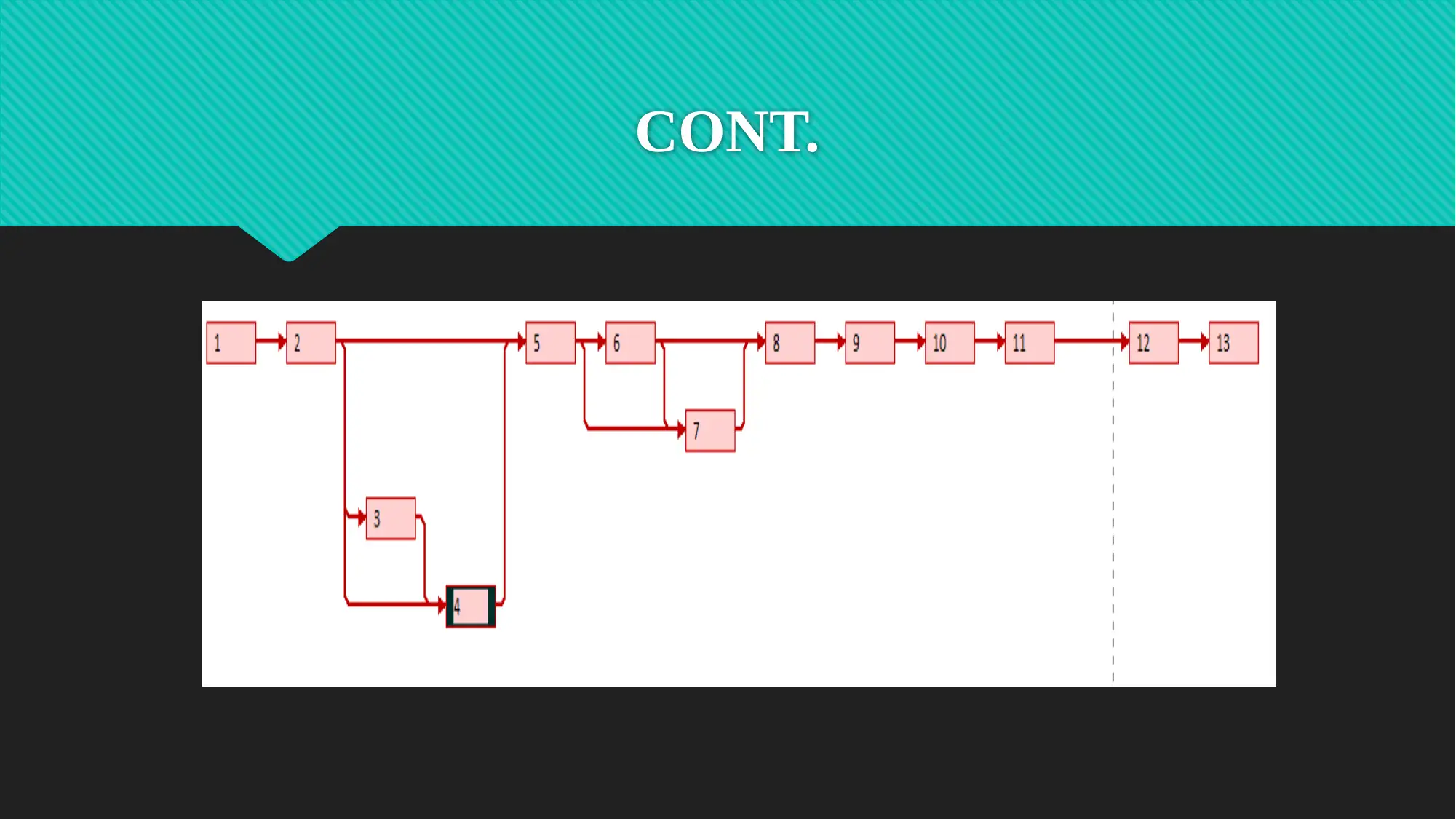
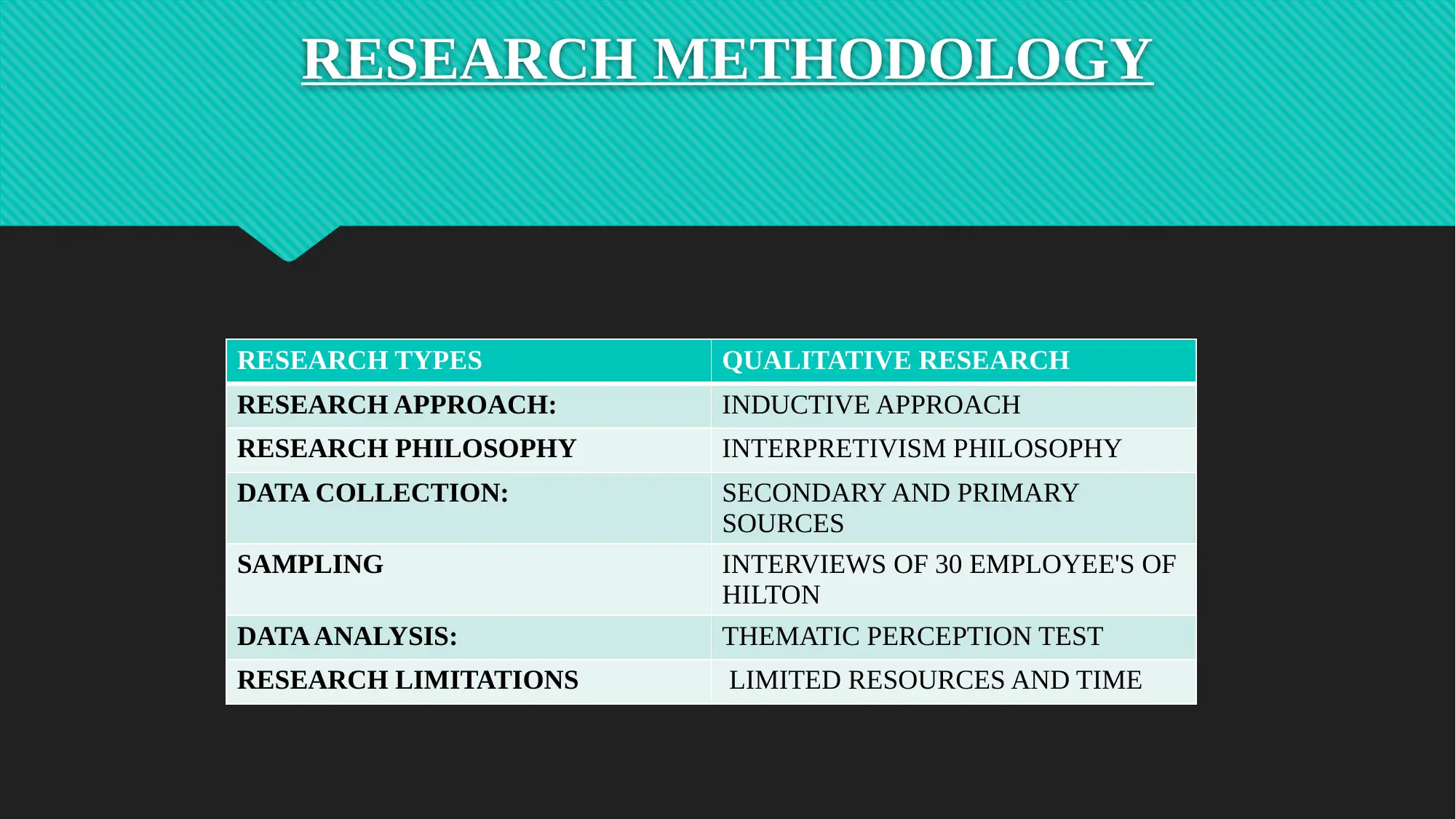
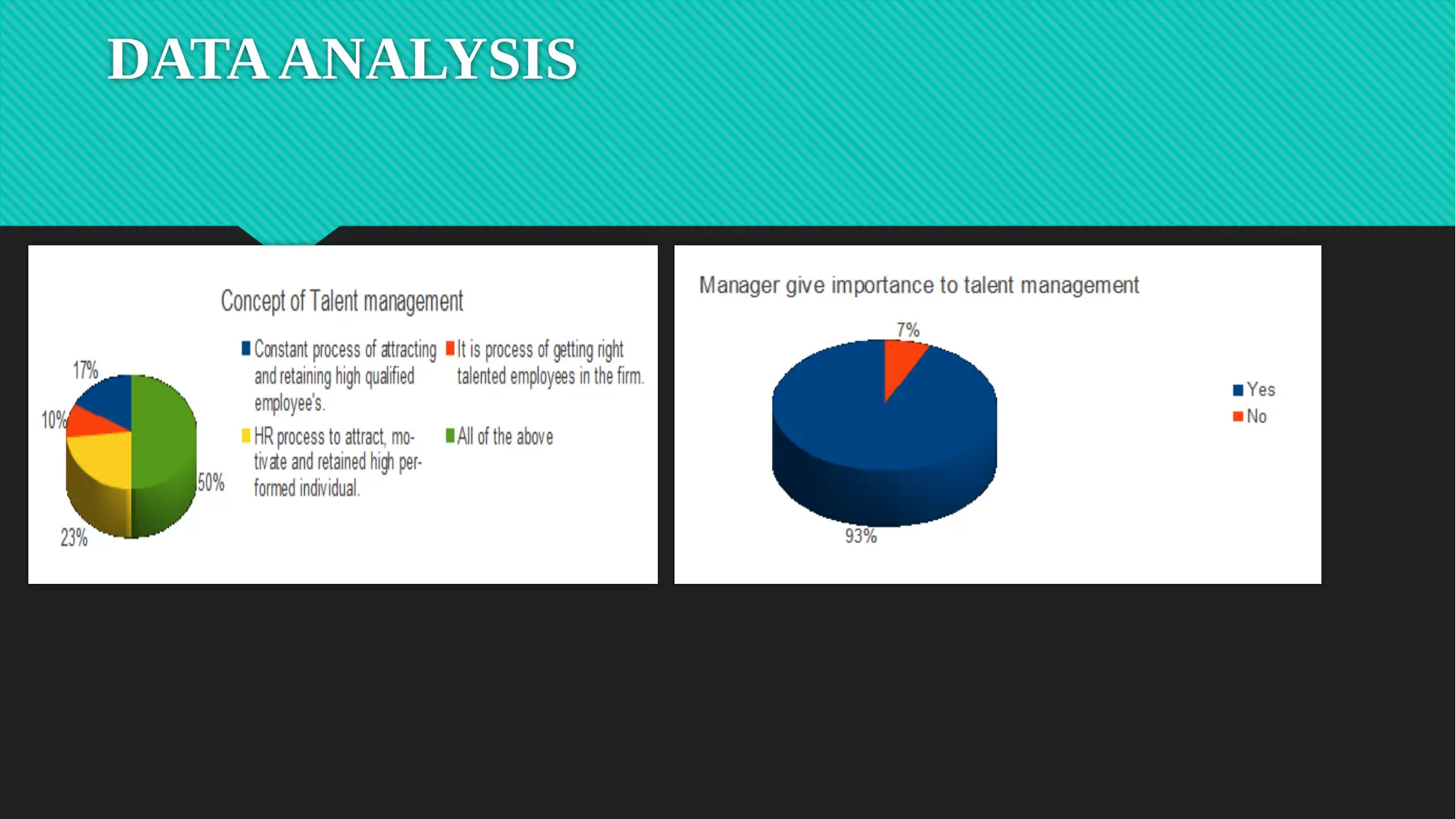
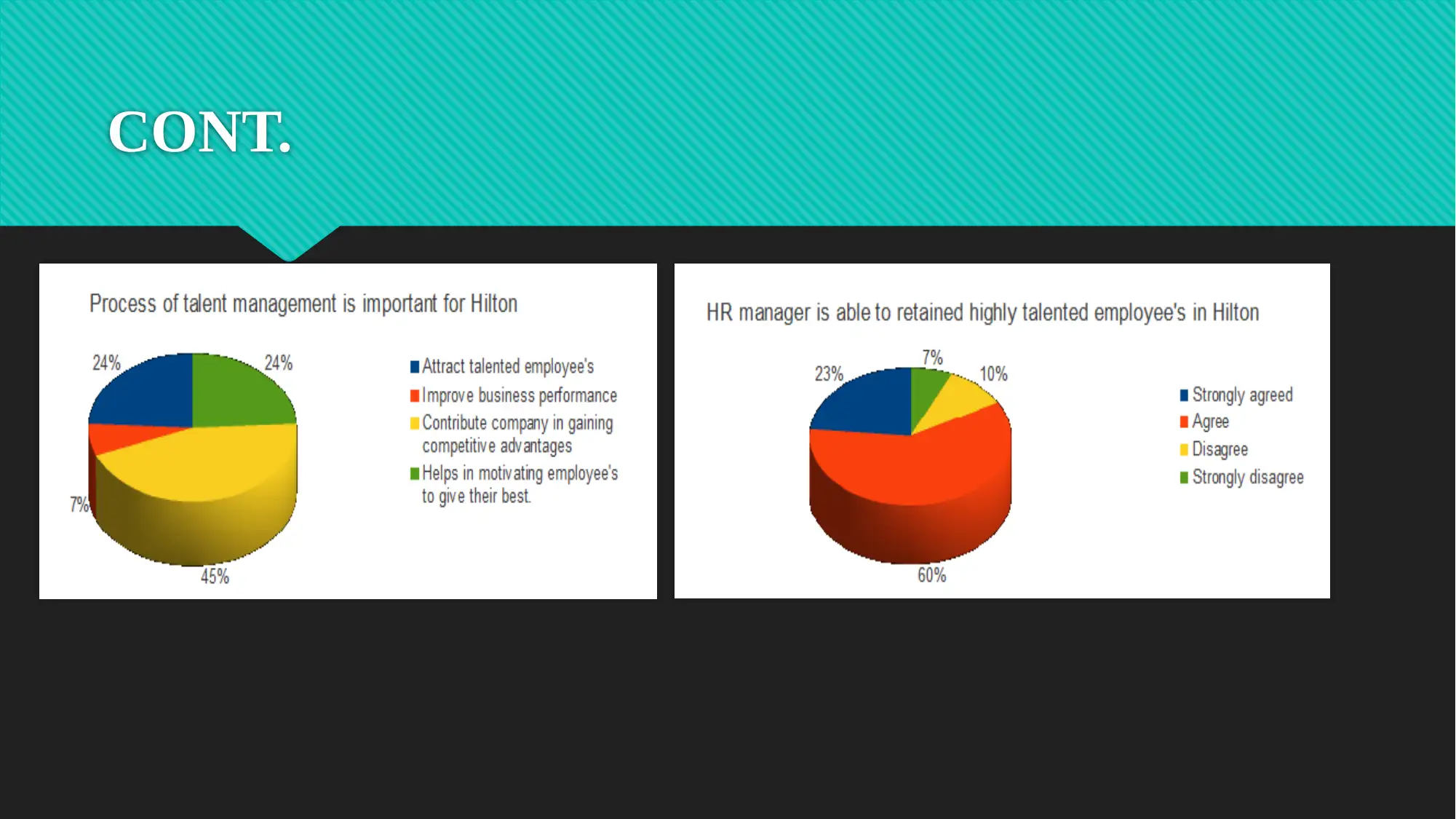
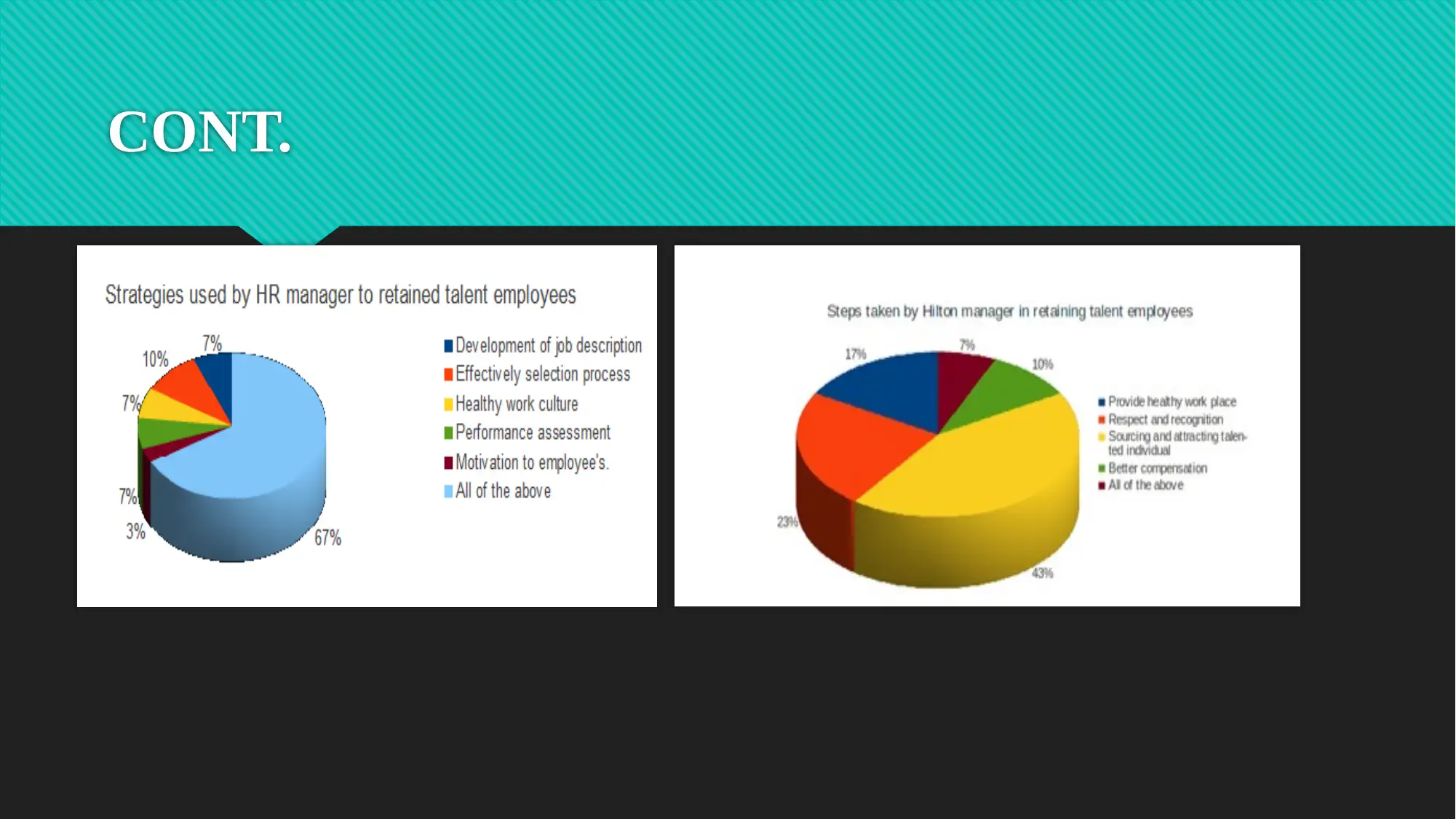
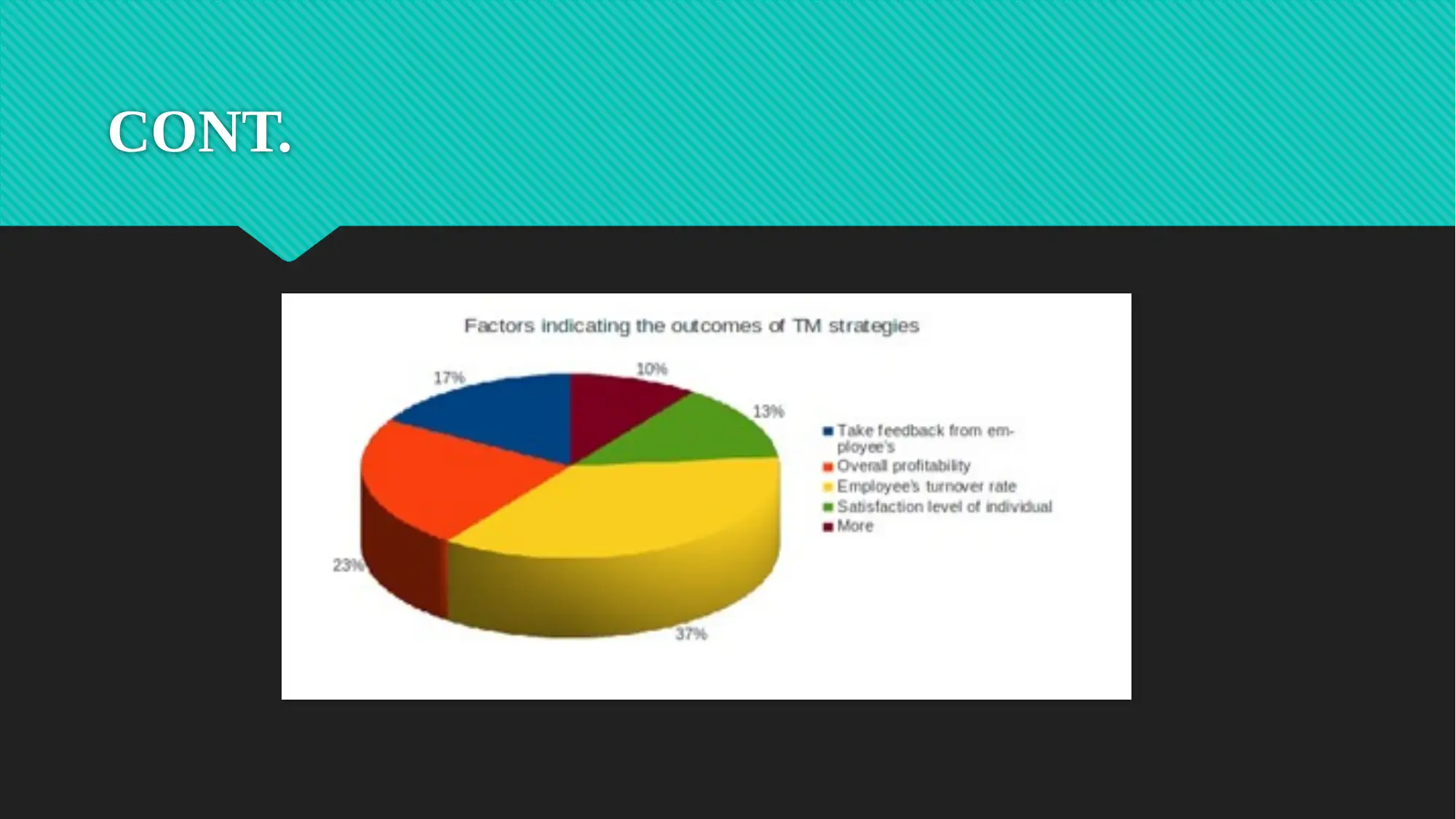






![[object Object]](/_next/static/media/star-bottom.7253800d.svg)